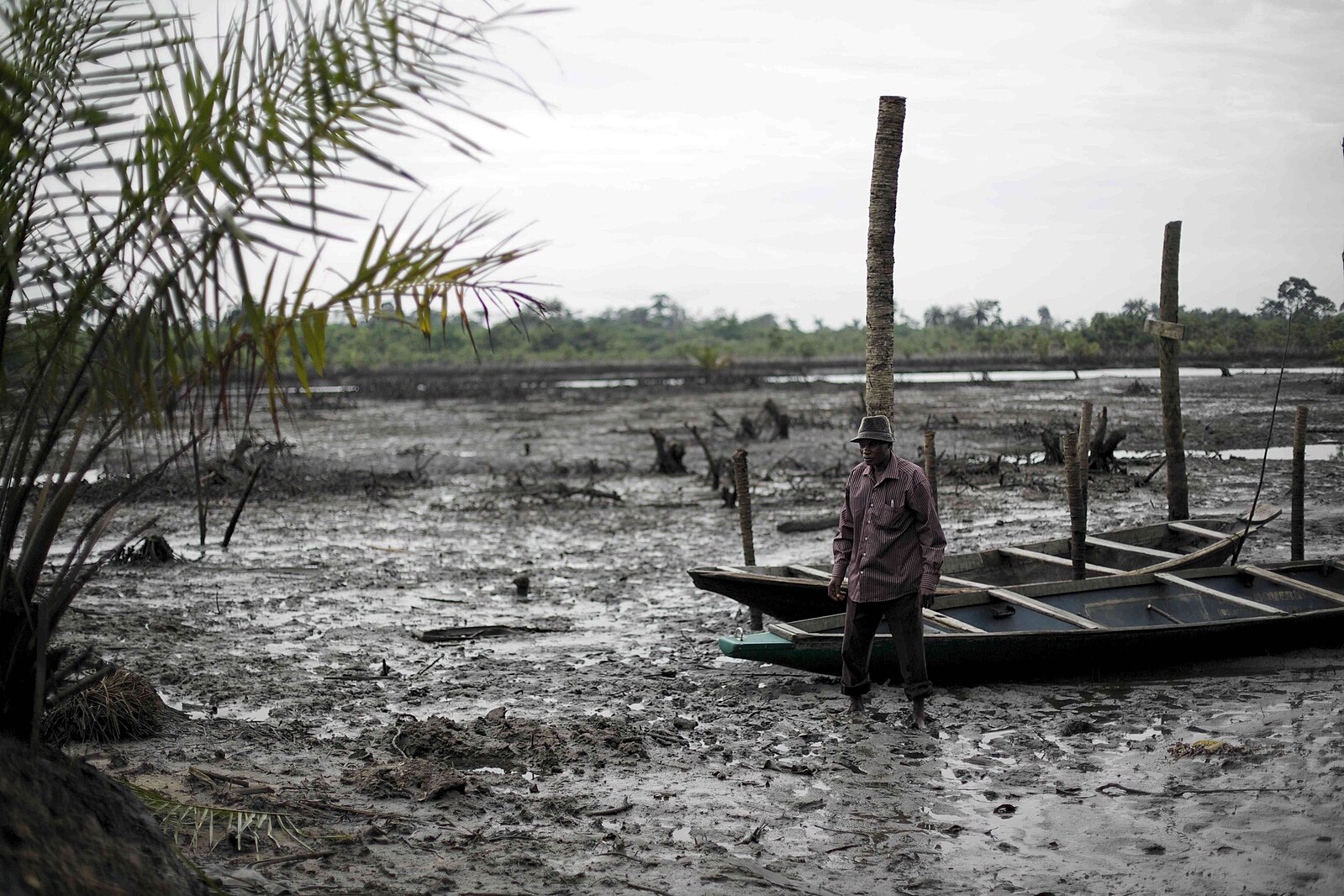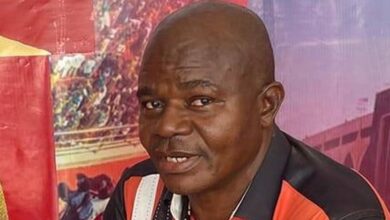
LONDON — The High Court of Justice, King’s Bench Division in London has concluded final hearings in the £55 million oil spill lawsuit filed against Shell Petroleum Development Company of Nigeria Limited (SPDC) over two devastating spills in the Bodo community, Gokana Local Government Area of Rivers State, Nigeria.
The case, referenced as HT-2013-000028, centres on the 2008 twin oil spills from the Bomu-Bonny Trans-Niger Pipeline, operated by SPDC.
The spills reportedly discharged nearly half a million barrels of crude oil into the Bodo area, severely impacting the environment and the livelihoods of thousands.
Leigh Day, the London-based law firm representing the Bodo community, confirmed that final arguments were presented before Justice O’Farrell on June 16 and 17, 2025, after an initial 13-day trial session in May. Judgment has been reserved and is expected within the next three months.
Throughout During the proceedings, 10 expert witnesses provided testimonies, among them were scientists associated with the United Nations, environmental specialists, financial analysts, and legal experts from Nigeria. the hearings, 10 expert witnesses testified, including scientists affiliated with the United Nations, environmental specialists, financial analysts, and Nigerian legal experts.
In a June 19 press release, Leigh Day quoted the Paramount Ruler of Bodo, King John Bari-Iyiedum Berebon, who expressed hope for justice after nearly two decades of environmental devastation.
“More than 17 years after these devastating oil spills, we hope and trust that justice will finally be delivered by the High Court and a full and thorough clean-up will be carried out,” the monarch said.
Read Also: Tribunal Indicts Oil Companies in Akwa Ibom State of Oil Spillage
He added that the “horrendous oil pollution” had “destroyed our environment and ruined our livelihoods,” warning that future generations would suffer unless comprehensive remediation is enforced.
The case returned to court in May 2025 after the Bodo community, led by King Berebon and 14 others, challenged the adequacy of the cleanup that followed a 2014 mediated settlement with SPDC. That mediation, part of the Bodo Mediation Initiative (BMI) launched by the Dutch government in 2013, led to a £55 million compensation package including payments to about 15,000 individual claimants.
SPDC had, in April 2015, signed a Memorandum of Understanding with the community, committing to fund the environmental restoration. However, the plaintiffs allege that the cleanup was insufficient and failed to meet agreed standards.
Leigh Day solicitor Alex Wessely said the trial exposed evidence from Shell’s own expert indicating that the Bodo spills were “by far the largest to have ever occurred worldwide,” and that their aftermath continues to pose serious risks to more than 30,000 residents.
“Our clients believe Shell/Renaissance has failed to properly clean up these devastating oil spills, putting the health of the Bodo community including many children at severe and ongoing risk,” Wessely said.
In January 2025, SPDC concluded the transfer of its onshore oil operations, including the mining licence covering the affected area, to Nigerian consortium Renaissance Africa Energy Holdings in a $2.4 billion divestment deal.
Justice O’Farrell had earlier ruled in February 2024 that the Bodo community could proceed to trial, dismissing Shell’s attempt to block the litigation.
As the court now deliberates, the people of Bodo await a ruling they hope will bring closure to one of the worst environmental disasters in Nigeria’s oil-producing region.






